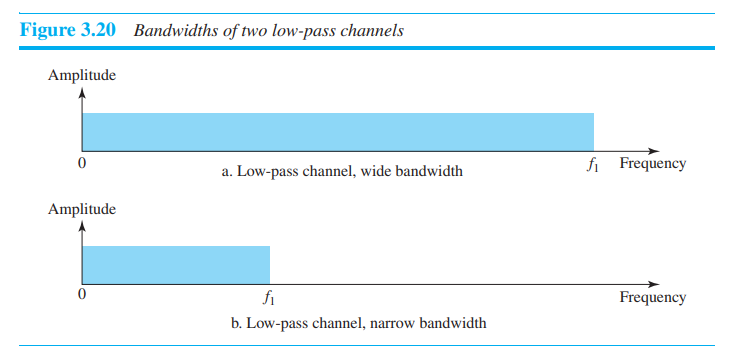A baseband signal is just a signal that has not been used to modify a carrier signal. Now, I have noticed that all baseband signals are low-pass too. Why is that?
I can understand why digital baseband signals are always low-pass: because the frequency 0 is always one of the constituent frequencies of a digital signal.
However, why must it always be the case for analog signals? I think that whether a signal modulates a carrier signal has nothing to do with the lower interval of its bandwidth. Why can't we have a baseband signal that is naturally bandpass: that is, why can't a device generate a (baseband) signal that is naturally bandpass (being bandpass without any filter)?
Could someone please explain this?
Edit:
Low-pass signal/channel: A channel/signal whose bandwidth starts from 0Hz.
Band-pass signal/channel: A channel/signal whose bandwidth does not start from 0Hz.


